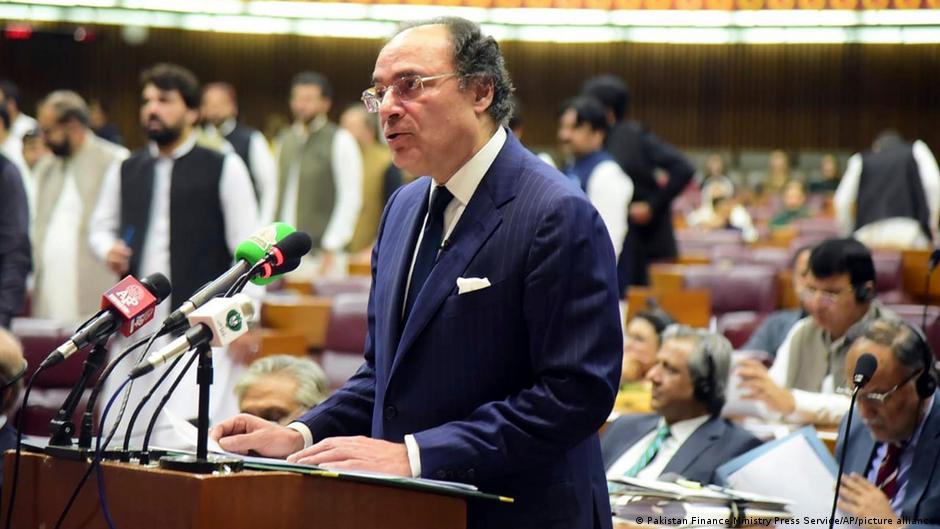
PAKISTAN: PARLIAMENT PASSES TAX-HEAVY BUDGET TO APPEASE IMF
Pakistan is looking to increase total tax revenues by around 40% during the 2024/25 fiscal year, according to government budget plans which were passed by parliament on Friday.
In a country dominated by informal employment and where only 5.2 million of its over 240 million inhabitants are subjected to income tax, increased tax revenues are now intended to raise around $46 billion out of a total budget of around $68 billion.
The tax-heavy budget, which also foresees a scrapping of petrol/gasoline subsidies, comes ahead of further talks with the International Monetary Fund (IMF) over a loan of between $6-8 billion to help Pakistan avoid defaulting on its debts. It would be a 24th such loan for South Asia's slowest-growing economy.
"We have had to prepare this budget with the IMF in mind because that's what the circumstances demand," explained Prime Minister Shehbaz Sharif earlier this week.
Finance Minister Aurangzeb: 'No sacred cows'
Sharif's government has for months now been clamping down on tax avoidance, blocking SIM-cards and issuing travel bans. According to local media, Islamabad also wants to reclaim lost tax revenues from Netflix.
"There are no sacred cows," insisted Finance Minister Mohammed Aurangzeb at the start of June. "Everyone has to pay their taxes."
But with year-on-year inflation projected to hit 13.5% this month, the tax increases (made up of a 48% increase in direct taxes and a 35% hike in indirect taxes) are unlikely to go down well with voters.
According to the World Bank, 40% of Pakistanis are already living below the poverty line, with another 10 million hovering just above it.
Short-term fix for long-term structural problems
For Pakistani economist Ali Hasanain, the current government, like those before it, is prioritizing short-term measures to obtain IMF support while failing to implement more effective long-term structural reforms.
"Those who are already being taxed are just going to end up paying more while those avoiding tax are going to continue to do so," he told the AFP news agency, saying that he feared a further exodus of high-skilled workers to more developed economies.
Indeed, Pakistan's central bank has also warned of potentially inflationary consequences of the budget, agreeing that limited progress in structural reforms to broaden the tax base means increased revenue can only come from tax increases.
Years of fiscal mismanagement have pushed Pakistan to the verge of financial ruin — a situation compounded by the COVID-19 pandemic, a global energy crisis and record flooding which submerged a third of the country in 2022.
Islamabad secured a last-minute IMF loan of $3 billion in 2023 — on the condition that it scrapped popular energy subsidies and implemented further austerity cuts.
mf/msh (AFP, Reuters)
2024-06-28T15:10:54Z dg43tfdfdgfd